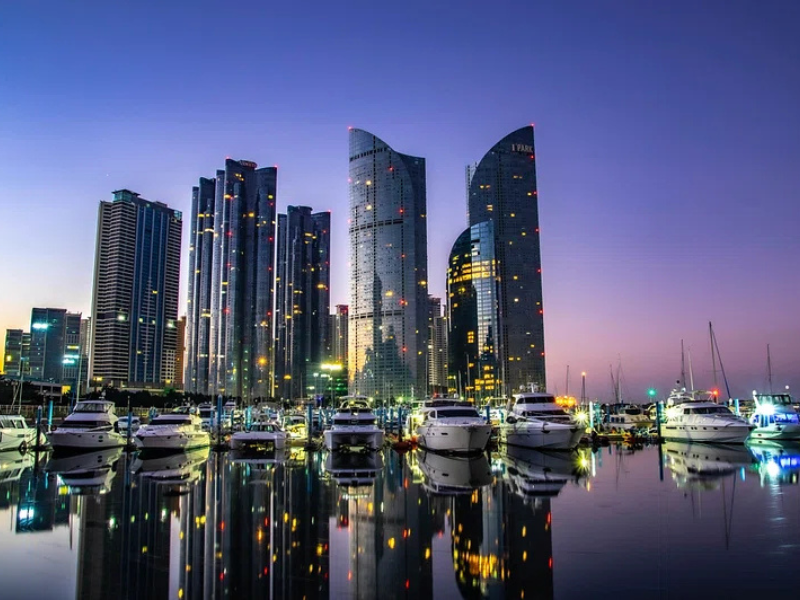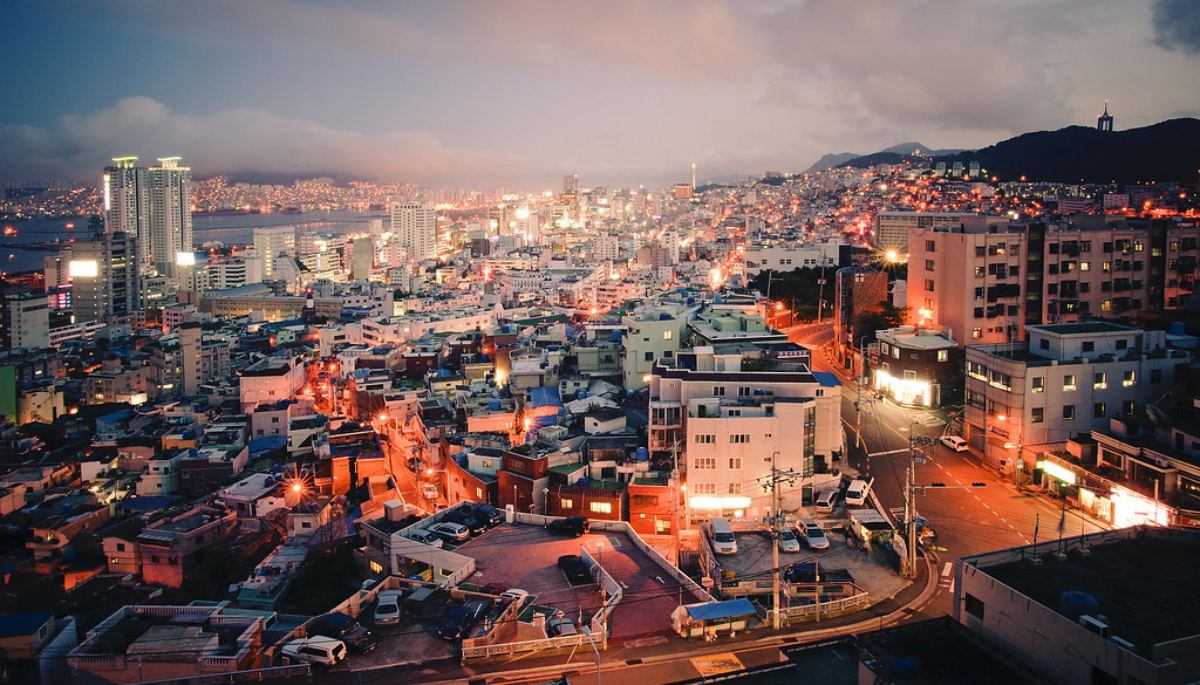Introduction
The Republic of Korea, also known as South Korea, is a developed East Asian nation bordered by North Korea. It constitutes half of the Korean peninsula. With a population of 51.96 million, South Korea has a vibrant culture and growing technologies and is one of the fastest-growing economies in the world. This nation is also technologically advanced, with a huge entertainment business of over 4 billion USD. Many Nepalese aspire to work and live in South Korea. However, the visa process in South Korea can get complicated without the proper guidance and knowledge of the requirements. On 15th May 1974, Nepal and South Korea established a diplomatic relationship.
Whether you seek to travel to busy cities like Seoul or Busan or to the less crowded and serene countryside, you must be well prepared. Knowing South Korea’s visa policies is essential. This article will guide you through the steps and the requirements of the South Korean visa.
Detailed Visa Application Process:
Step 1- Determine the visa type
Before applying for a visa to South Korea, know the visa type. There are multiple visas with different validity and different sets of requirements. Some of the popular visa types are:
- Tourist Visa: This visa is usually granted for a shorter period of time. It is usually used for tourism and visiting friends and family. The South Korean tourist visa is usually granted for a month.
- Business Visa: A business visa is generally used for business meetings and conferences. It is also a shorter type of visa, typically lasting 30 days.
- Student Visa: A student wanting to study at a college or a university in South Korea needs to acquire this type of visa. A student visa is generally granted for 2-4 years with timed entries and exits. It usually has a higher document requirements list.
- Work Visa: A work visa is granted to applicants who want to work in Korea. This type of visa is also granted for a longer period of time.
Step 2- Gather all required documents
The requirements may vary from visa to visa, but the general documents include:
- A Visa Application Form: The first and foremost document you need is a visa application form. You will fill out all your credentials and apply for the visa here. You can download the form from the official website or the embassy. Be sure to double-check your information.
- A Valid Passport: A valid passport is the most important document, as you will get your visa stamped there. It must also have six months’ validity left. If you don’t have a visa, you are not eligible to apply for the South Korean visa.
- Photographs: You also require 3-4 copies of a recently taken photo.
- Proof of accommodation and travel: In some cases, you must showcase your proof of accommodation and travel itinerary. The South Korean government can also ask you to show your flight ticket bookings.
- Bank statements: You also need 3-6 months of bank statements with sufficient funds in your account. The government needs to be assured you won’t overstay in Korea.

Step 3- Submit the application
In person, submit the completed application form to the South Korean embassy or the consulate. Some embassies may require prior appointment bookings. You can find it on their website, as the rules often change. You can also choose a visa agency, as they can simplify the whole process at a minimal price.
Step 4- Attend the interview
You may be called in for an interview in some cases and specific visa types. In that case, be prepared. The visa officer may ask you questions regarding your funds, travel plans, and purpose of travel. Practice common interview questions.
Avoid these mistakes:
- Incomplete or Incorrect Application Form: Providing incomplete or false information on the application form can lead to uncertainty and rejection.
- Invalid or Expired Passport: Your application will get rejected if you have an expired or invalid passport.
- Insufficient financial proof: Providing inadequate funds or failing to demonstrate financial stability may raise questions in the visa officer’s mind.
- Being unprepared for the interview: You must show up prepared during the interview. Being confident in the interview will boost your chances of getting a visa.
- Criminal Involvement: Past involvement in criminal or illegal activities can be why your visa gets rejected.


0 Comment